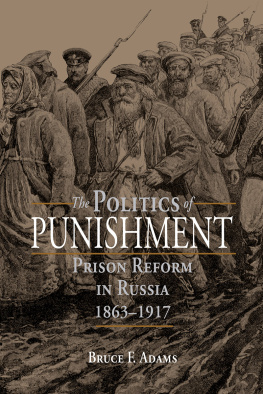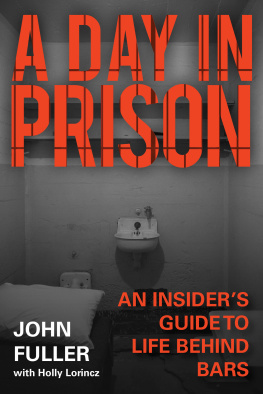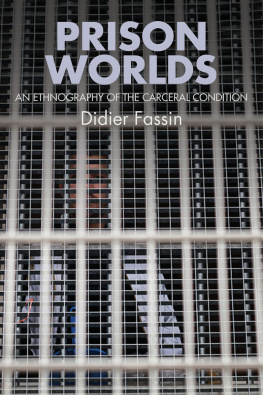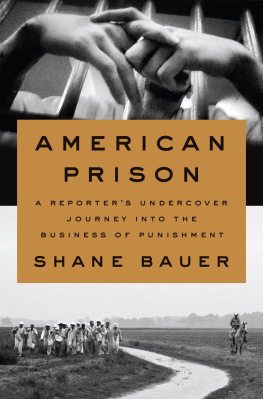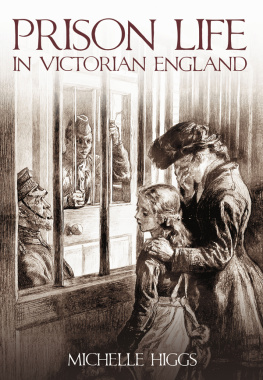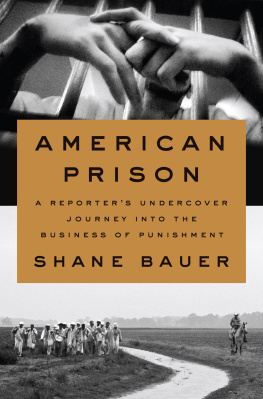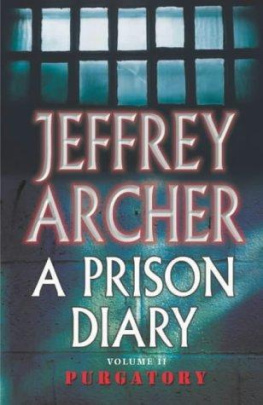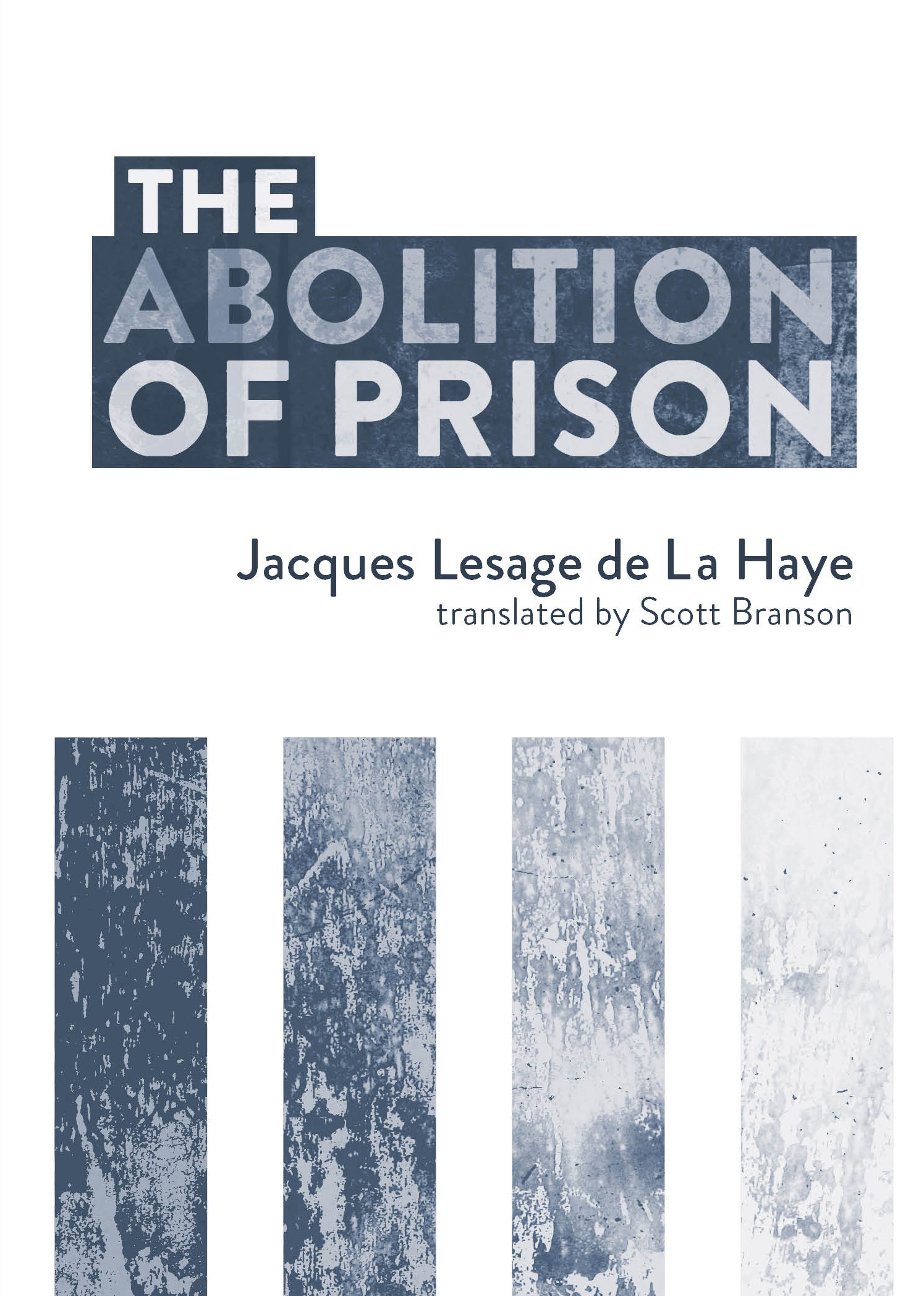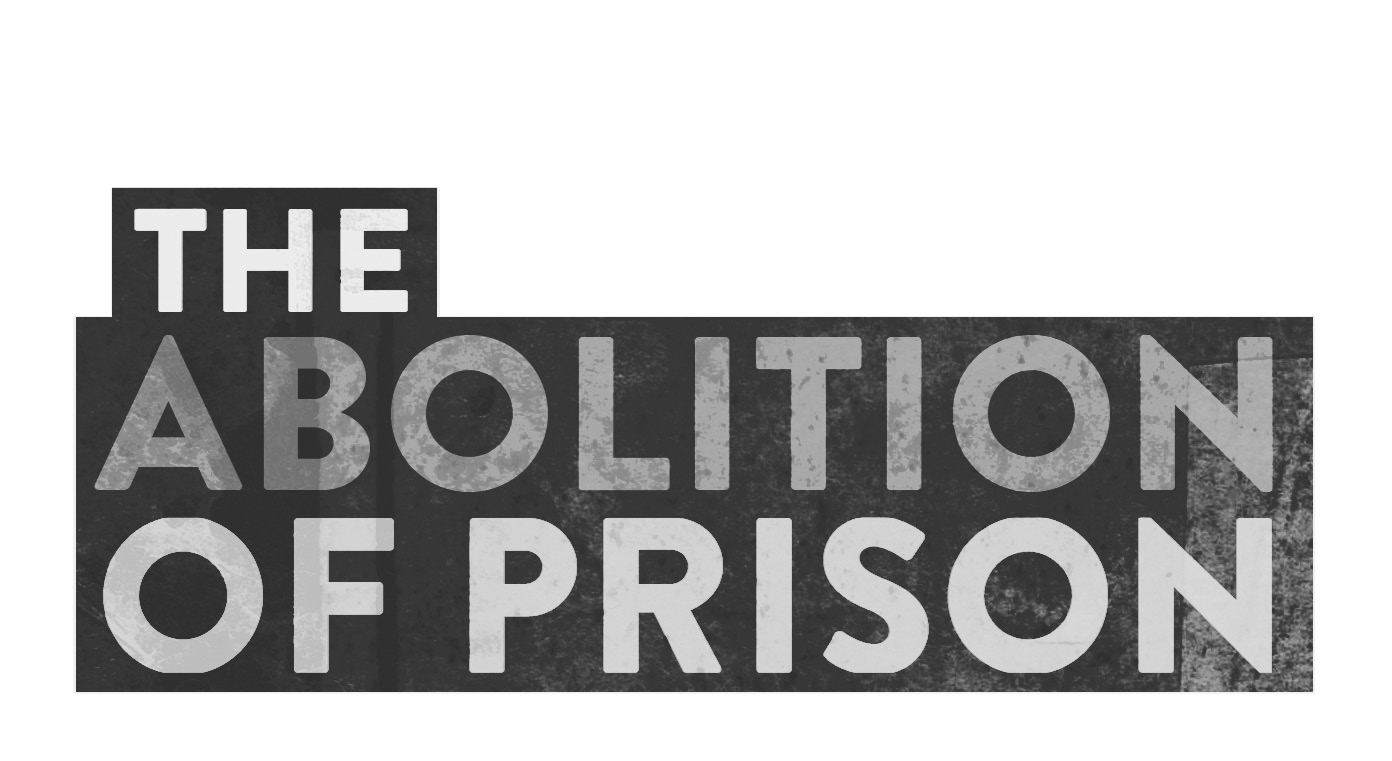My warmest thanks to Bernadette Porcher, Reichian analyst, for her translation from Spanish to French of Yoloth Fuentes Sanchezs memoir.
All of my political gratitude to Monique and Serge, hosts of the show, Trous noirs [Black Holes] on Radio libertaire (89.4), for the extensive material they supplied me with on the community police and community security, justice, and reeducation system in the State of Guerrero in Mexicothe society against the State.
Finally, I have a special gratitude for Floral, whose corrections, professional as well as political, were invaluable.
Introduction
Why bother with prisons? Typically, its only those on the prison staff who talk about it. Occasionally, a philosopher or sociologist will take interest. Or maybe you are an anti-prison militant. As for prisoners, most of them quickly flee the grounds, wanting to move on once and for all.
In my case, I wanted to remain part of struggle to improve the conditions of incarceration and to work towards the abolition of prison. Having served a long prison sentence, I understand how harmful this institution is.
Though I was born into an aristocratic family, I still collected all of the traits that end up making hooligans and thieves: an absent fathera master mariner, who traveled across all the oceans and was physically present only two months a year. An overwhelmed mother, who saw herself as a martyr and violently beat her two eldest sons.
My brother Jean-Paul and I formed a gang of very young delinquents. I was seventeen and he was sixteen. We began by stealing cars and motorcycles, then we shifted to higher gears: break-ins and hold-ups, with two other young people our age.
When we were arrested in 1957, the psychiatrists diagnosed my brother as schizophrenic and me as psychopathic. In my case, they werent wrong. The psychopath lives in such despair that there is no other option than acting out. For Jean-Paul, they made a mistake. The schizophrenic is totally cut off from reality, whereas the paraphrenic has a narrow margin of adjustment with delusions, which was my brothers case. But he clearly fell within the diagnosis of psychosis.
In any case, Jean-Paul did not recover from incarceration, since at the end of eighteen months of confinement, he told me that he was the Antichrist and was going to announce the apocalypse. That got him twenty years behind bars, if you add up the joint and the asylum. He was destroyed by electroshocks, insulin comas, and heavy chemotherapy. And thus he died at fifty-one, fourteen years after his final release.
We had a difficult argument on which we never agreed. To survive, Jean-Paul prescribed to weightlifting and masturbation. I agreed with him, except that I also believed it was necessary to study. It seemed essential to me to have diplomas in order to find work when we were released, especially if we were over thirtywhich seemed pretty old to me!
I stuck to my program, though it cost me enormously, since the prison administration put significant obstacles in my way. It took three years for me to get permission to get my high school diploma. I had worked tirelessly for it. As for my university studies, it was even worse because I could not carry out the practical laboratory work.
After first choosing philosophy, I eventually switched to psychology when I saw my brother deteriorate. Additionally, I saw many people who were incarcerated commit suicide or become mentally ill. One person thought he heard his wife making love with a sergeant named Trotinette on the loudspeaker in his cell.
When I received my B.A. in psychology under the old university system, I decided to pursue a doctoral degree. I chose the subject, The psychological effects of emotional and sexual deprivation on the incarcerated individual. To gather the material needed for this work, I had to interview comrades, so I requested permission from the central prison management in Caen. The authorities didnt deign to answer but sent the chief supervisor who was given with the duty of telling me, Lesage, there is no way that you will write a thesis on this subject. That could be done by a psychiatrist, a teacheror if need be, by me. I appreciated his extreme modesty!
Therefore, I had to carry out my research in secret. I was unaware how much risk I took. Fortunately, a new director arrived, Pierre Campinchi, who was quite surprised to hear I was threatened with disciplinary transfer in thirty-five reports by overseers that stated I took notes on the benches of the walking area and sports grounds. When I explained the situation to him, he moved me from cellblock B to cellblock C, which was called Improvement.
He requested an authorization for my doctoral thesis from the minister and obtained it. Then he removed me from the furniture workshop with the bad incarcerated people, and appointed me as librarian. Finally, after Id served eleven and a half of my twenty years, and with two attempts, Campinchi was able get me parole!
Pierre Campinchis existence helped me avoid the worst, which would have led me to spend even more years behind bars. But one individual doesnt make up the system. I left prison convinced that I needed to fight against this unjust institution. Very soon, I joined the Prison Information Group [ Groupe information prison GIP], with Michel Foucault, and the intellectuals, then the Prisoner Action Committee [ Comit daction des prisonniers CAP], with Serge Livrozet.
I still needed to finish my studies in psychology, which I had never completed due to university reforms and challenges from the prison. To make a living while waiting for my graduate diploma, I had to work as a laborer, docker, market hauler, a mover with Manpower, and a bouncer at Golf Drouot, the well-known discotheque owned by Henri Leproux.
I became a psychologist at the psychiatric hospital in Ville-vrard and taught courses in psychology at University Paris-VIIIVincennes from 19722003. Since 1989, I have also hosted the radio show Ras les murs [Tear down the walls] on Radio libertaire (89.4), in order to continue the anti-prison struggle with resolve. It is in this spirit that I published more than twenty books, including La Machine fabriquer les dlinquants [ The Delinquent-Making Machine ] , La Guillotine du sexe [ The Punishment of Sex ]which is an adaptation of my doctoral thesis that the prison didnt allow me to defend LHomme de metal [ Metal Man ], and La Mort de lasile [ The Death of the Asylum ].
With The Abolition of Prison , I complete this line of thought: Prison ought to be deconstructed in order to never be reconstructed.
Chapter One: Why Prisons?
A society that locks people up reveals its fear and its incompetenceand therefore, its failure.
The same is true if it employs exile. Even worse if exile is compounded with imprisonment, like in Guyana and New Caledonia at the time of the penal colony. In the ancient customs of African tribes, this practice was inhumane without being barbaric. The exiled person had nearly no chance of escaping. But they werent killed, mutilated, or broken.



